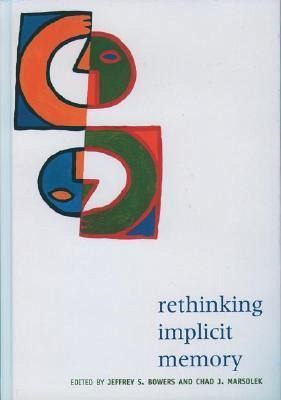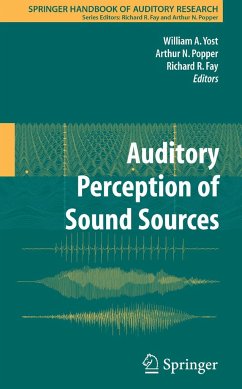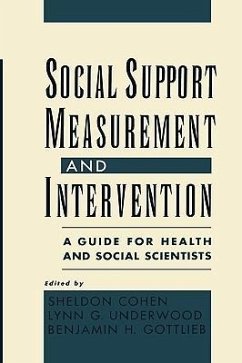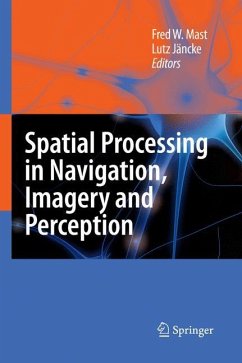
Rethinking Implicit Memory
Versandkostenfrei!
Nicht lieferbar
Implicit memory refers to a change in task performance due to an earlier experience that is not consciously remembered. The topic of implicit memory has been studied from two quite different perspectives for the past 20 years. On the one hand, researchers interested in memory have set out characterize the memory system (or systems) underlying implicit memory, and see how they relate to those underlying other forms of memory. The alternative framework has considered implicit memory as a by-product of perceptual, conceptual, or motor systems that learn. That is, on this view the systems that support implicit memory are heavily constrained by pressures other than memory per se. Both approaches have yielded results that have been valuable in helping us to understand the nature of implicit memory, but studied somewhat in isolation and with little collaboration. This volume is unique in explicitly contrasting these approaches, bringing together world class scientists from both camps in an attempt to forge a new approach to understanding one of the most exciting and important issues in psychology and neuroscience.Written for postgraduate students and researchers in cognitive psychology an
Implicit memory can be characterized as the influence of a previously memorized piece of information on a task, without the explicit or deliberate attempt to recall the memory. This volume is unique in presenting a whole new approach to understanding one of the most exciting and important issues in psychology and neuroscience. Written for postgraduate students and researchers in cognitive psychology and cognitive neuroscience, this is a book that will have a great influence on the direction that future research in this field takes.













